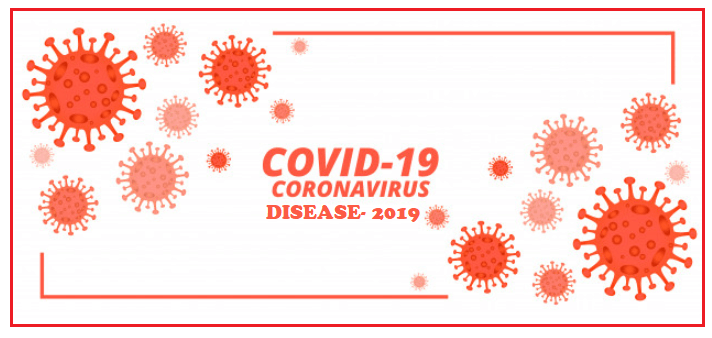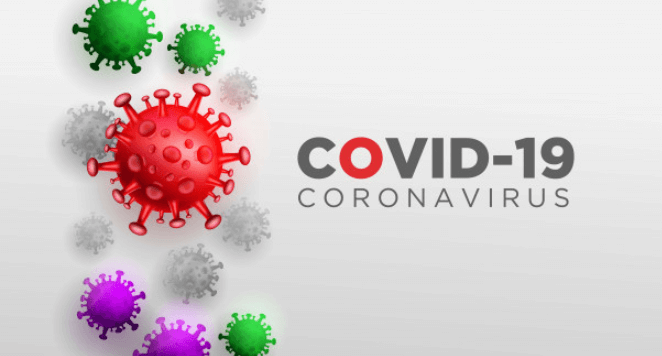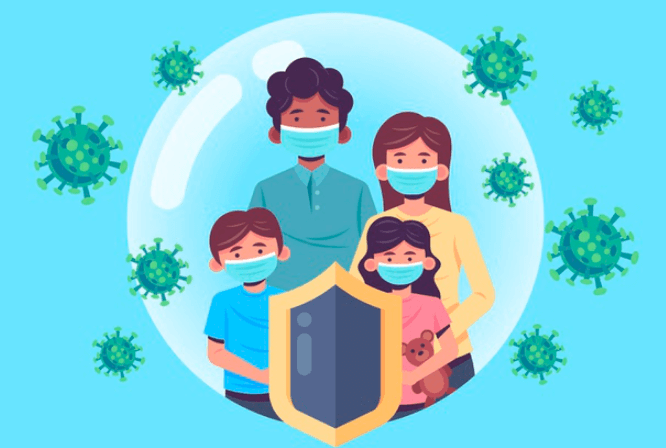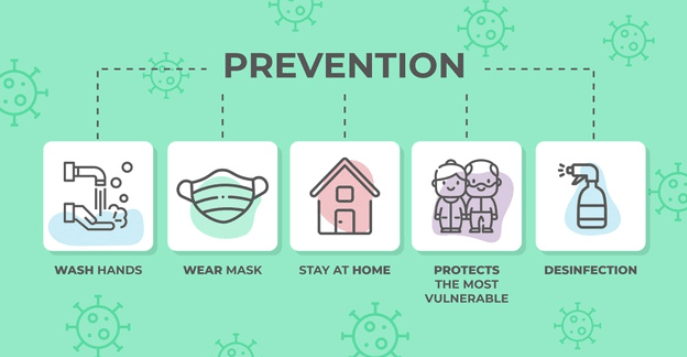Full Form COVID- 19
Full Form COVID- 19
By the beginning of December 2019, an outbreak named Covid-19 exposed in China, which speedily spread worldwide, shook the entire world and eventually lead to an ongoing pandemic. From kids to teenagers, adults to old ages all have been affected due to this virus. But do you know what the full form of Covid-19 is.

The full form of the term COVID-19 which has shattered the world, is Coronavirus Disease-2019.
This tutorial will briefly learn about the definition, effects, symptoms, prevention and other detailed information about the covid-19 or Coronavirus Disease.
Topics Covered
- What is COVID-19?
- Effects of Covid-19
- Symptoms of Covid-19
- How to prevent Covid-19
- Frequently Asked Question/ FAQ’s
What is COVID-19?

Covid-19 or Coronavirus is a contagious viral infection introduced in China in December 2019 that primarily attacks the lungs and throat. WHO (World Health Organization) classified SARS-CoV-2 as a novel coronavirus type. It is known as Coronavirus because this strain looks like a crown. This virus carries genetic material that contains the information to replicate itself. Coronavirus has a spike-like structure, which helps it to get inside a cell of a living body. Thereby, when a Covid-19 infected person talks, sneezes or coughs, they sneak out droplets carrying the virus, which may further transfer to other person’s mouth, nose or eyes and eventually move into the lungs.
Most people infected with the COVID-19 virus will undergo mild to mediocre respiratory disorder and overcome this virus without necessitating specific treatment. Older people above the age of 60 or those with medical problems or are suffering from comorbid conditions, unlike diabetes, cardiovascular disease, hypertension, chronic respiratory disease, and cancer, are more vulnerable to develop serious illness. One in every five affected patients does not develop any symptoms of Covid. These asymptomatic virus carriers do not usually get examined, and they can spread the disease.
Once the virus lands in your body, it gets in touch with other body parts, including your nose, throat, or lungs. The coronavirus directly comes in contact with the inner of the host cell called ribosomes. Ribosomes are responsible for protein synthesis. Once it gets in contact with coronavirus, genetic information helps them make spikes, which later merges with your cell’s outer layer, the cell membrane. Later they all merge to form a new virus, and this replicates itself inside your body.
Effects of Covid-19

The effects of Covid-19 are as follows:
- Coronavirus affects the respiratory system of a system body.
- Coronavirus causes lungs problem.
- Makes you feel nauseating.
- Your body can develop pneumonia.
- It leads to respiratory failure in rare cases, and it becomes difficult to breathe under normal circumstances. For those cases, the patients are set through a special machine called a ventilator, which helps them breathe.
Symptoms of Covid-19

Although the symptoms of this virus varies from person to person ranging from moderate symptoms to fatal illness but the common symptoms of COVID-19 are as follows:
- Cough
- Cold
- Fever or chills
- Mild pneumonia
- Loss of smell and taste
- Difficulty in breathing or nasal congestion
- Muscle or body pain
- Sore throat
- Loss of taste or smell
- Diarrhea
- Headache
- New fatigue
- Nausea or vomiting
- Congestion or runny nose
- In some cases, Coronavirus can cause serious respiratory complications leading to kidney failure or even death.
As per the survey, around 81% of the patients infected from Covid-19 may experience mild to moderate symptoms, 14% experience severe symptoms (including dyspnea, hypoxia, or lung involvement) and only 5% of sufferers develop severe symptoms which may lead to kidney failure or multi organ dysfunction).
How to prevent Covid-19
Today, it is very important for all of us to follow these basic steps to prevent the spread of coronavirus infection. The various precautionary steps advised by the WHO to prevent the spread of Covid -19 infection are as follows:
- Wash your hands regularly by applying soap and water for 20 seconds, or one can also use an alcohol-based hand rub or hand sanitizer.
- Maintain social distancing of 20 feet whenever you are out in public.
- Avoid contact from anyone who is coughing or sneezing.
- Always wear a mask whenever you step out of your house.
- Don't touch your eyes, nose or mouth with your hands if you are out in public.
- Always cover your face with a tissue while coughing or sneezing and immediately dumb it. Stay home if you feel unwell.
- If you are suffering from fever, cough, cold or having breathing problems, immediately consult a doctor and have proper medical attention.
- Proper ventilation of indoor spaces.
- Ensure to have a proper diet, deep sleep and managing psychological stress as all these measures will help your body strengthen your immune system and fight back the covid virus.
- The vaccine will provide permanent immunity against covid-19.
Frequently Asked Question/ FAQ’s
Question 1: What is the incubation period for COVID-19?
Answer: The incubation of Covid-19 is 14 days.
Question 2: When will the coronavirus or Covid-19 infection last?
Answer: The answer to the question, "when will Covid-19 or coronavirus last" is still unpredictable as it depends upon many things. But the good news is that it will end too soon as researchers' have successfully created the vaccines of this pandemic virus.